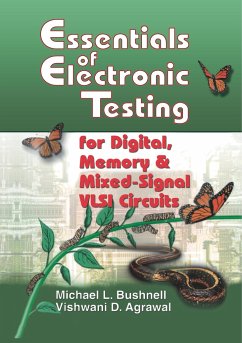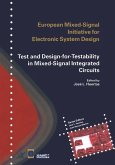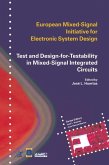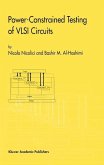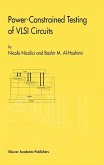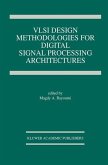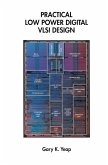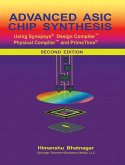The modern electronic testing has a forty year history. Test professionals hold some fairly large conferences and numerous workshops, have a journal, and there are over one hundred books on testing. Still, a full course on testing is offered only at a few universities, mostly by professors who have a research interest in this area. Apparently, most professors would not have taken a course on electronic testing when they were students. Other than the computer engineering curriculum being too crowded, the major reason cited for the absence of a course on electronic testing is the lack of a suitable textbook. For VLSI the foundation was provided by semiconductor device techn- ogy, circuit design, and electronic testing. In a computer engineering curriculum, therefore, it is necessary that foundations should be taught before applications. The field of VLSI has expanded to systems-on-a-chip, which include digital, memory, and mixed-signalsubsystems. To our knowledge this is the first textbook to cover all three types of electronic circuits. We have written this textbook for an undergraduate "foundations" course on electronic testing. Obviously, it is too voluminous for a one-semester course and a teacher will have to select from the topics. We did not restrict such freedom because the selection may depend upon the individual expertise and interests. Besides, there is merit in having a larger book that will retain its usefulness for the owner even after the completion of the course. With equal tenacity, we address the needs of three other groups of readers.
Bitte wählen Sie Ihr Anliegen aus.
Rechnungen
Retourenschein anfordern
Bestellstatus
Storno

